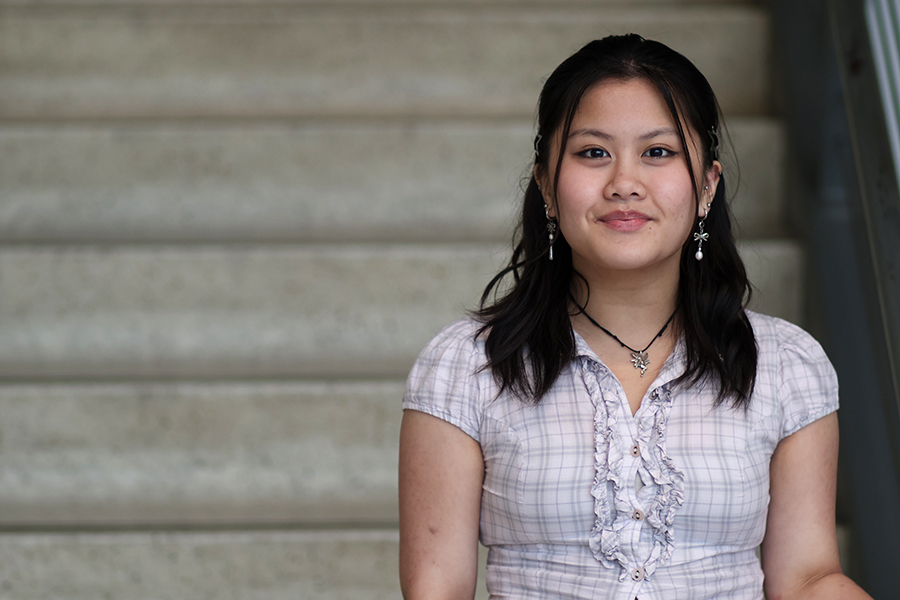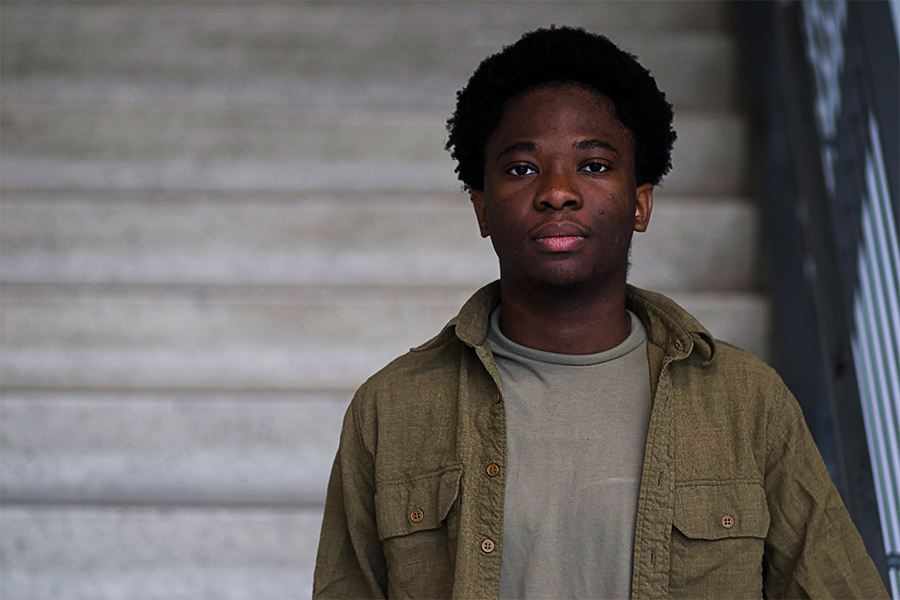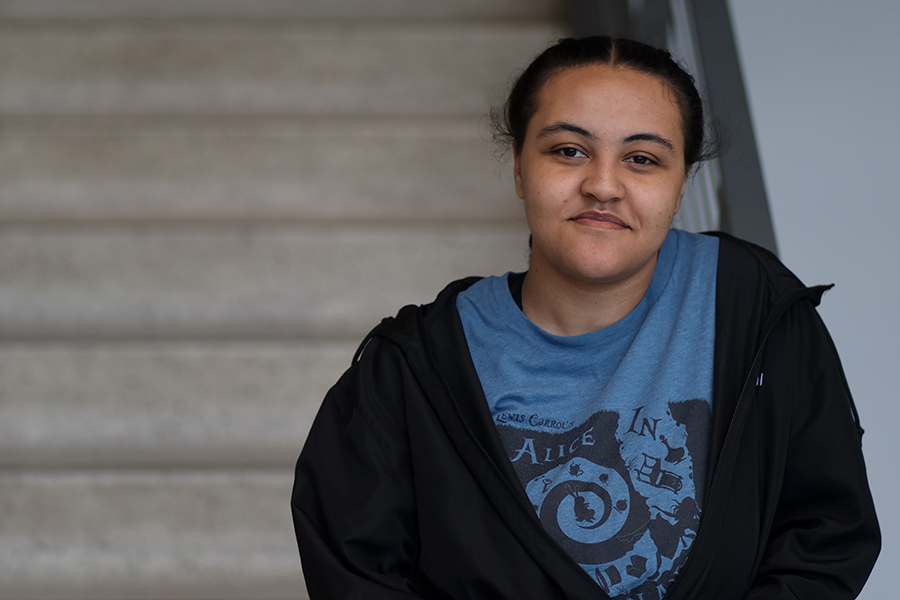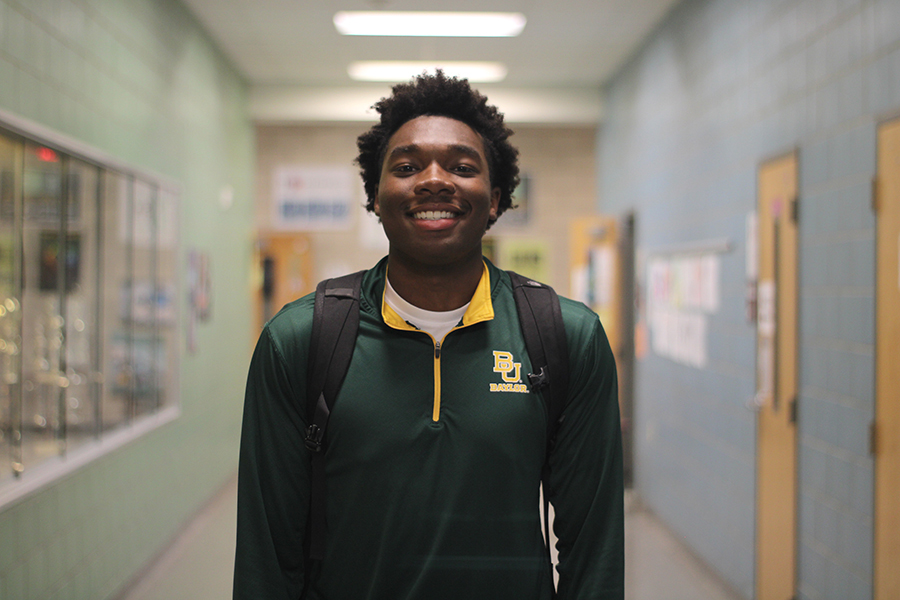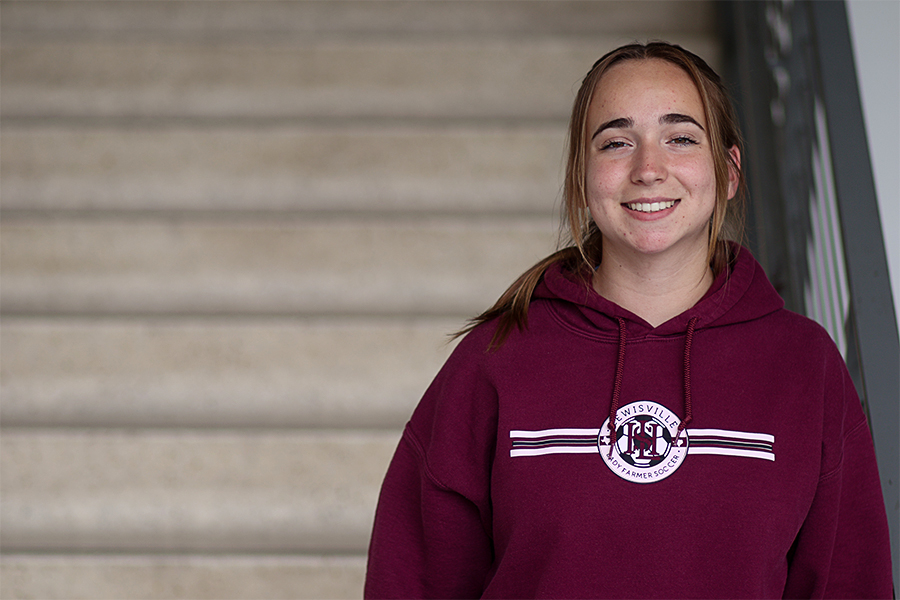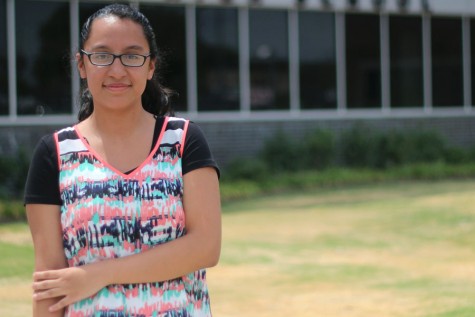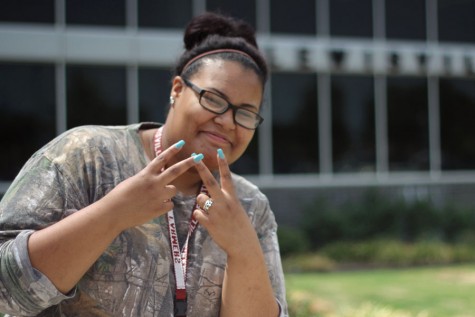Coffee, soda, tea, energy drinks and even chocolate all have one thing in common: caffeine.
It’s found in so many items that often times students don’t think twice about how caffeine can affect them. Adolescents are not recommended to consume more than 100 mg of caffeine a day, while the limit for adults is 400 mg. If more is consumed, it can cause side effects.
“[An excessive amount of caffeine can affect your health by] increasing your heart rate, [and] it can also keep you from sleeping well, but sometimes caffeine can irritate your stomach and cause you stomach problems like acid reflux,” Harmon nurse Maria Montez said.
Consuming caffeine on a regular basis can cause physical dependence to where if one stops taking caffeine suddenly, symptoms like headaches and irritability may occur.
“I drink around two to three cups of coffee a day,” U.S. history teacher Cortney Martin said. “[When I go a day without coffee] I feel very sluggish and my brain doesn’t feel like I can think sharply and I’m a little irritable.”
Those who don’t drink caffeine regularly may be more sensitive to the negative side effects, and research also suggests that men may be more prone to the effects of caffeine more so than women.
“I drink Coca Cola weekly and I have a steady school performance,” freshman NaMaya Taylor said. “[When I skip caffeine] I feel normal most of the time.”
One tall Starbucks brewed coffee contains 260 mg of caffeine alone. That is already more than the daily amount of caffeine adolescents should limit themselves to.
“I drink a lot of coffee and it wakes me up; I usually feel fine when I go a day without it,” senior Vanessa Duenes said.
It’s important to remember that food and drinks besides coffee also contain caffeine. It’s in sodas, energy drinks and even chocolate. A normal sized milk chocolate Hershey bar has 9 mg of caffeine.
“I drink sodas and Pepsi, but not that often honestly,” senior David Jones said. “When you take caffeine, like coffee, before school, you can crash later on, and you have the energy to stay up all day in class.”
Some students see the benefit of staying away from caffeine and seek other alternatives.
“I decided to get more sleep instead of [going to] caffeine, and I don’t feel drowsy or like I’m gonna crash; I feel energized,” Jones said.
Other than the negatives side effects, there are definitely benefits to caffeine.
“The benefits of caffeine [are that] it helps you be more alert, keeps you awake if you’re falling asleep, and coffee can also be a warm drink,” Montez said.

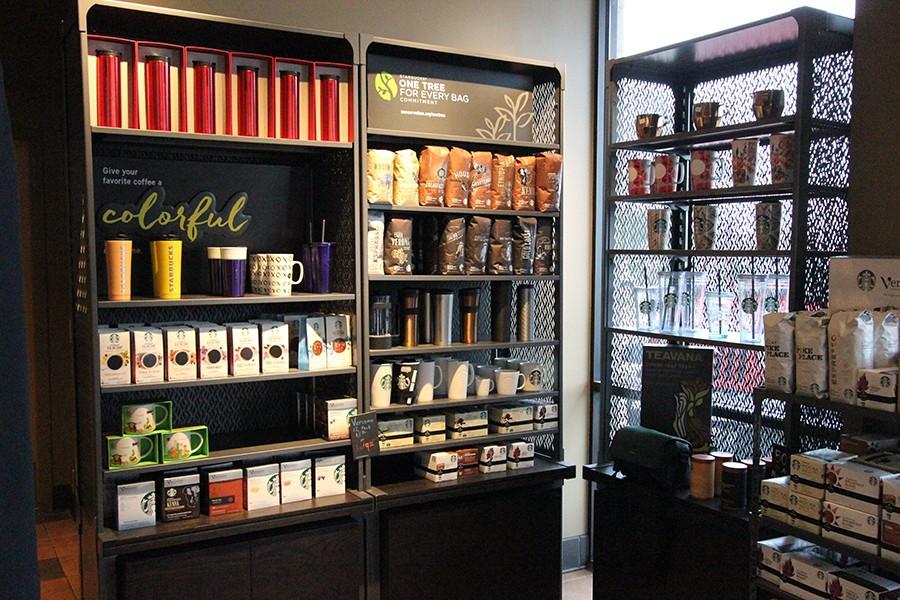
!["I hope to become fond [of] and understand the new dynamic of a life where I don't really have boundaries set by another person, but rather more of a liberal freedom."](https://farhar.net/wp-content/uploads/2025/05/topten9.jpg)




!["Learning is a really important aspect of high school – that's why we're here. I think the whole top ten thing can also encourage somebody [to] focus on grades and not the actual learning."](https://farhar.net/wp-content/uploads/2025/05/topten6.jpg)
